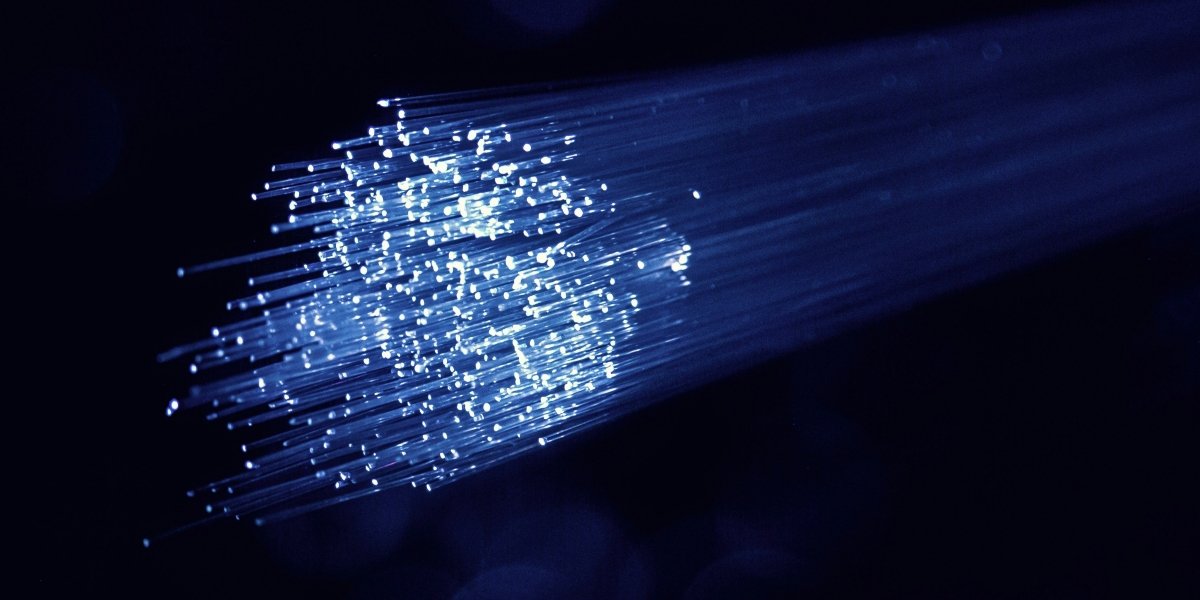A recent study from the CDC and the National Institute on Drug Abuse reveals that 3 out of 4 people battling drug or alcohol addiction eventually recover. That is hopeful news, but the road to recovery remains difficult. Often-cited research from the Journal of American Medical Association warns of relapse rates of 40 to 60%.
“Relapse is common because repeated substance abuse causes changes in the brain, impacting self-control and the ability to resist cravings,” says Dr. Pervaiz Qureshi, the leading physician of NYC’s Drip Gym. “Rehabilitation offers a way out, but people struggling with addiction need tools to help them on the journey. Research suggests that infusion therapy — the delivery of certain medications and fluids intravenously at a controlled pace through a needle — can be that tool.”
Nicotinamide adenine dinucleotide (NAD) IV therapy is a promising Treatment for addiction that prevents relapse in three key ways; it relieves withdrawal symptoms and minimizes cravings; then, it detoxifies and restores health to the body after the ravages of substance abuse; finally, it heals cellular damage to the brain and restores mental clarity. “NAD therapy for addiction treatment is not a ‘magic bullet’,” remarks Dr. Qureshi, “but it offers an extremely beneficial therapy in combination with counseling and medication.”
NAD infusion therapy minimizes withdrawal symptoms
Drugs and alcohol mimic, stimulate, or suppress neurotransmitters, preventing brain cells from sending and receiving signals. An addict’s nervous system becomes dependent on the substance to maintain normalcy, causing the addict to experience powerful withdrawal symptoms and cravings when the substance is withheld. This challenging stage lasts for weeks, and many relapse back into substance abuse before ever reaching recovery.
When fighting withdrawal symptoms and cravings, willpower is irrelevant. An addict’s altered neuroreceptors are unable to function as they did before. Common symptoms experienced during this stage include headaches, vomiting, anxiety, sweating, shaking, nausea, and insomnia.
“NAD reduces or eliminates cravings and withdrawal symptoms by binding to the opiate receptors that drugs and alcohol formerly stimulated,” explains Dr. Qureshi. “Regular infusions of amino acids, vitamins, and minerals replenish the brain’s neurotransmitters and decrease the duration of cravings.”
NAD infusion therapy restores the body’s health after addiction
Substance abuse wreaks havoc on the body. The longer people abuse drugs and alcohol, the more damage they incur. Every cell in the human body naturally produces NAD, but production drops dramatically due to drug and alcohol abuse. As NAD stores dwindle, people experience less energy, their cells age, and they become more susceptible to illness.
“Our cells age and die due to oxidation caused by free radicals,” says Dr. Qureshi. “These free radicals bombard our cells as a result of daily stress, pollution, radiation, and other environmental factors. But when people abuse drugs and alcohol, these free radicals cause overwhelming cellular damage to every system of the body. IV therapy delivers antioxidants such as vitamin C and glutathione to neutralize oxidative damage, flush free radicals from the system, and allow healing to begin.”
Everyone needs vitamins and nutrients, but especially those battling addiction. Unfortunately, many addicts fail to eat well, and substance abuse only further contributes to vitamin deficiencies. Chronic alcohol abuse, for example, leads to inadequate vitamins A and B6. Infusion therapy replenishes nutrient supplies and boosts overall health, helping provide the physical strength necessary to achieve long-term recovery.
NAD infusion therapy restores neurological function and clarity after addiction
Mental health conditions such as depression and anxiety often occur alongside substance abuse and complicate the path to recovery. Without the right mindset, the chance of relapse increases.
NAD supplies vitamins and minerals to enhance cognitive function and mood. “Infusion therapy enables your body’s cells to boost energy production,” Dr. Qureshi observes. “This often results in a more positive outlook, heightened energy level, and enhanced mental focus.”
Infusion therapy is a powerful new tool in addiction treatment. NAD enables people to beat relapse statistics by providing relief from withdrawal and renewing their physical and mental health.
To learn more, readers can contact the medical experts at Drip Gym.











